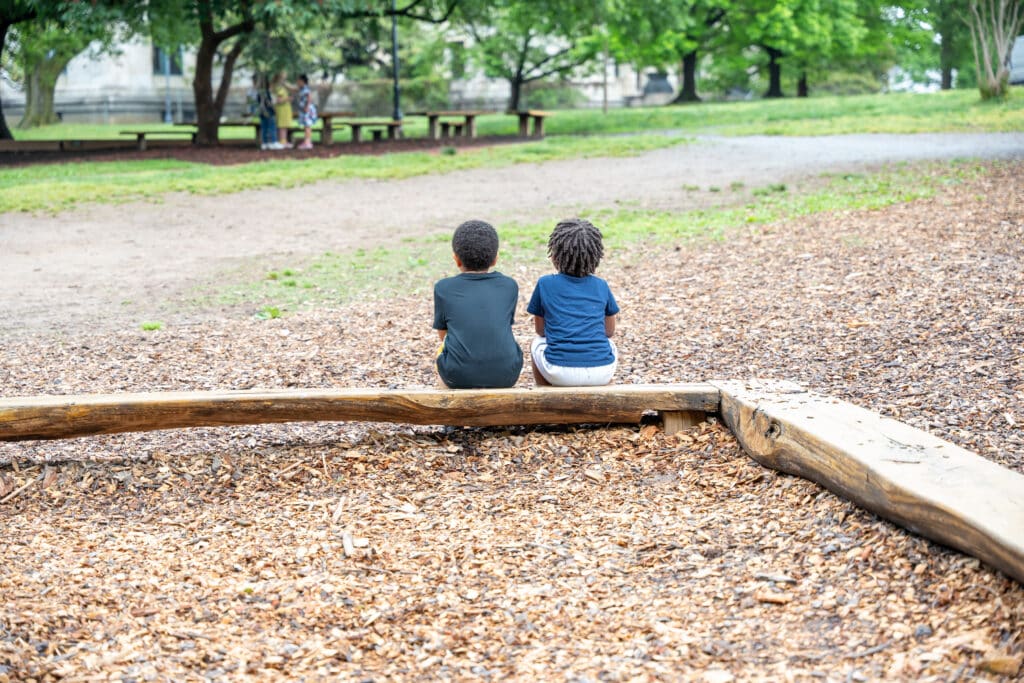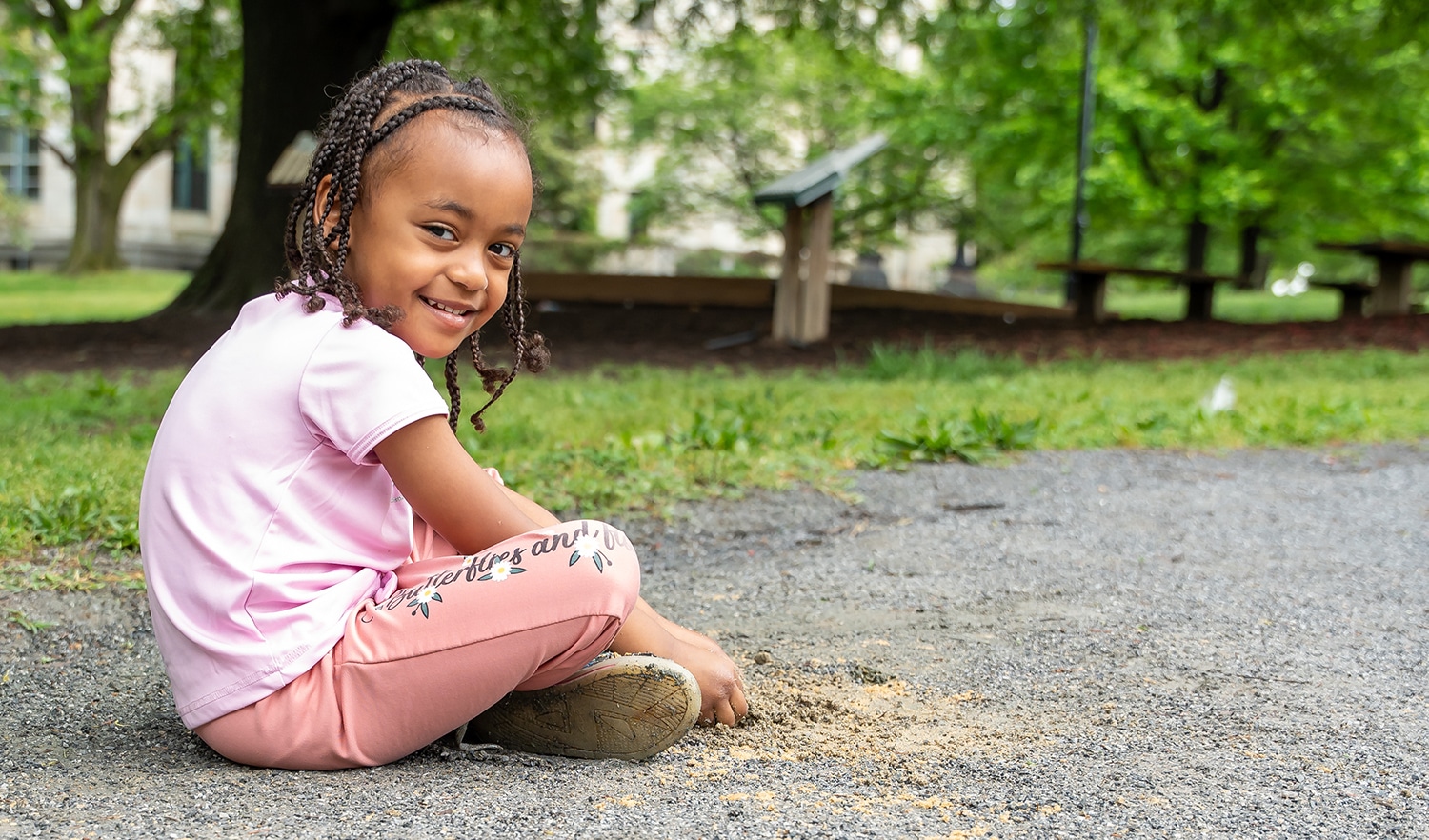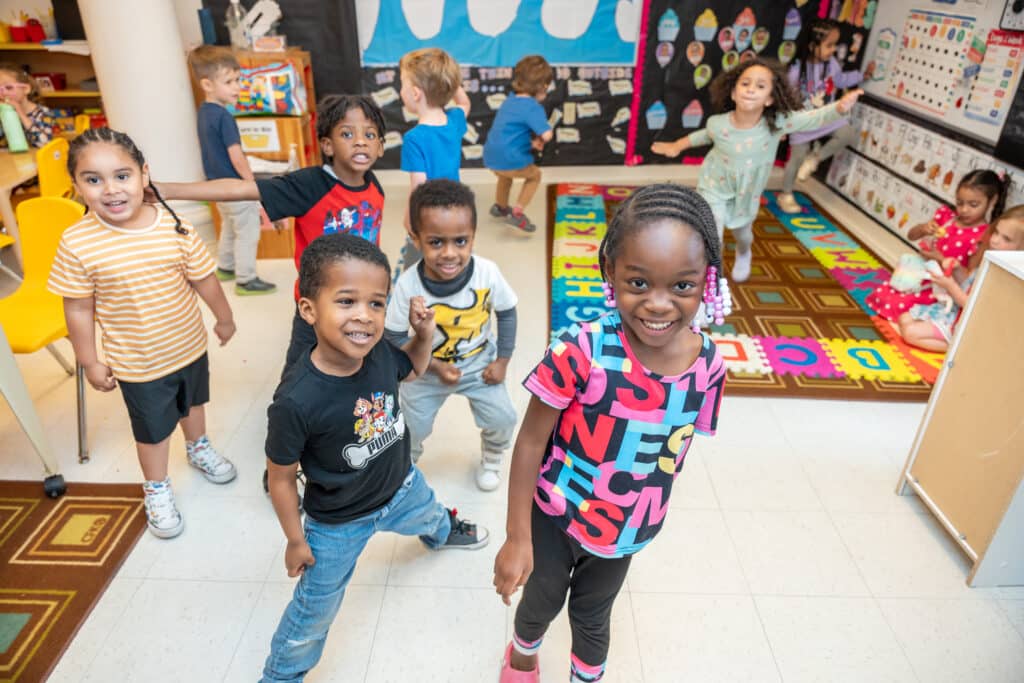International Curriculum
Creative Minds is the only public charter school in the United States accredited to implement the holistic, research-based framework of the International Early Years (IEYC), Primary (IPC), and Middle Years Curriculum (IMYC) developed by the International Curriculum Association for children aged 3 to 14. We implement this unique international, projects- and arts-based curriculum, to help children develop a sense of their own nationality and culture while also developing respect for the nationalities and cultures of others.
Here are some features of the curriculum:
- It combines several academic subjects into thematic units in an engaging manner that makes learning relevant to real life.
- It uses creative, interdisciplinary projects to promote deep engagement and provide opportunities for students to integrate their own interests and experiences.
- It offers hands-on tasks to spark curiosity, encourage teamwork, and help students connect academic subjects with real-world issues.
- Its thoughtful learning cycle also taps into children’s strengths, supports areas of growth, and provides a framework for teachers to differentiate and individualize instruction.
- In addition to rigorous academic goals, the curriculum helps students achieve their personal and international learning goals.
When implementing the International Curriculum, we ensure it meets all Common Core Standards for English and math.
IEYC, IPC, and IMYC Goals
The IEYC, IPC, and IMYC frameworks focus on three types of learning: knowledge, skills, and understanding. Each type is interconnected and builds on the other in a continuous cycle that promotes meaningful learning for students.

Knowledge
Facts that are important to know.
This is information that we know is true and the way we answer a knowledge question will be either right or wrong.
“Tell Me”

Skills
Finding out how to do things. Skills are practical and can be described as “being able to do something.” Skills take time to develop. We learn skills in small, progressive steps.
“Show Me”

Understanding
Developing a sense of the meaning behind why we know and do things. Understanding involves a combination of accumulated knowledge, practiced skills, and reflection over time.
“Talk to me about that”

Personal Learning Goals
As part of the International Curriculum, all Creative Minds students aim to achieve the following Personal Learning Goals:
- Respectful – We treat others how we want to be treated
- Adaptable – We are ok with change
- Thinker – We ask questions and make observations
- Resilient – We try again even when it’s hard
- Communicator – We express ourselves
- Ethical – We are honest and help others
- Collaborator – We work together
- Empathetic – We try to understand others
International Goals
This pedagogical framework prepares students for success in a global society by developing their sense of international mindedness. Our child-friendly definition of international mindedness at CMI encapsulates our international goals: “I am becoming a thoughtful global citizen through learning deeply about myself and others.”
The IEYC, IPC, and IMYC are also unique in defining learning goals that help young children begin the move towards an increasingly sophisticated national and international perspective. The philosophy of “independence and interdependence” runs throughout the programs and the international perspective is based upon:
- A knowledge and understanding of one’s own national culture;
- An awareness and understanding of the independence of and the interdependence between people;
- An awareness and understanding of the independence of and interdependence between countries;
- An awareness and understanding of the essential similarities between the people and countries of the world;
- A developing ability to be at ease with others who are different from ourselves.
